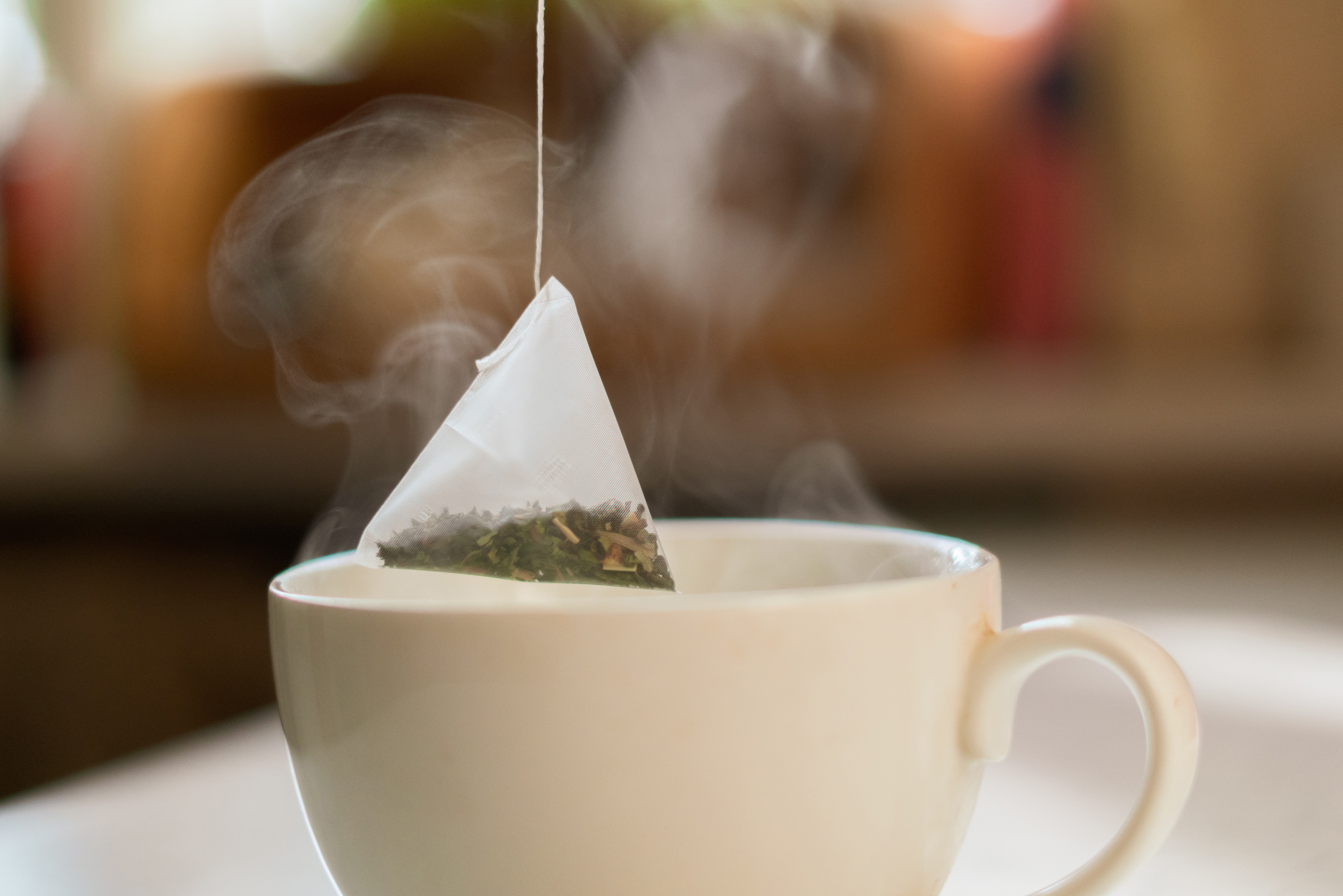Infusions, what benefits do they give us?
Tea has many benefits and including it in your diet will greatly improve your quality of life. Keep reading and discover them all

According to the Royal Academy of the Spanish Language, an infusion is defined as a drink which is obtained from various fruits or aromatic herbs placed in hot water.
An infusion may or may not contain tea, but it tends to include other different plants which also do not contain any type of stimulant, such as chamomile, lime flowers, mint, fennel, horsetail, etc.
Alternatively, in the case of tea, we refer to the liquid prepared with water or milk and from herbs picked from the Camelia sinensis plant. Whether it is green, red, black or white, it comes from the same plant, but is processed in a different way. Also, in the case of tea, it does have a stimulant component, as it contains theine.
In short, all teas are infusions, because they are infused in a liquid, whether that is water or milk. But not all infusions are tea, nor do they all contain tea.
Properties of tea for the body
Although infusions made with tea are some of the best known ones, there is a great variety of infusions that can be prepared with different ingredients. Infusions have been used since ancient times as natural medicinal products.
Types of infusions
- Infusions without tea:
- Chamomile: this is the most widely-used infusion for digestive upsets.
- Lime flower: is attributed with relaxing properties.
- Pennyroyal: as with chamomile, it relieves digestive problems.
- Rooibos: like chamomile or pennyroyal, it also relieves digestive problems and its relaxing properties help to promote sleep.
- Fennel: has many properties, with the most notable among them being relief of digestive problems such as indigestion or flatulence.
- Thyme: this herb is known to improve colds.
- Ginger: is characterised by its anti-inflammatory properties, and is a good ally against nausea and against colds due to its expectorant and anti-inflammatory effects.
- Horsetail: the properties attributed to this plant are its diuretic and anti-inflammatory effects.

- Infusions with tea:
The first difference that you will find is the preparation method, unlike the other infusions, tea should not be left to infuse for longer than 5 minutes, as it could make the drink bitter. The taste is also different.
- Green tea: rich in polyphenols that act as anti-inflammatories.
- Matcha tea: this Japanese tea is derived from green tea and is known for its anti-stress properties, despite its caffeine content.
- Red tea: is known for its virtues as a diuretic and slimming aid.
- Black tea: very aromatic with a strong and intense flavour, black tea promotes weight loss and improves the circulation.
- White tea: a great source of antioxidants, it contains up to 3 times more polyphenols than all the other varieties. Among its many benefits, it helps to slow down skin ageing.
What do you think about?
Share comments, opinions and tricks with the Community






